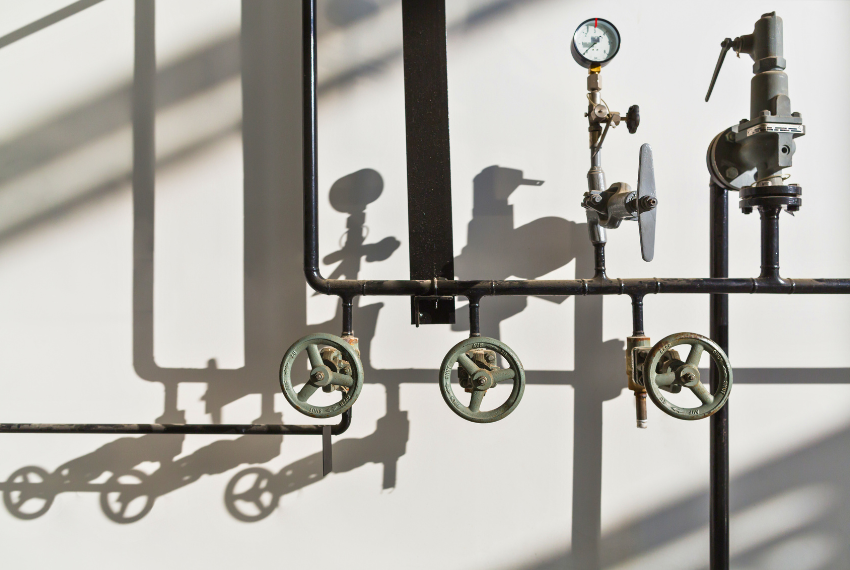Compressed Air Pipe: How Important is it?
Apr 18, 2024
When designing a compressed air piping system for your factory, most importantly consider factors such as the required air flow rate, air pressure rating, ambient temperature, installation environment (indoor vs. outdoor), maintenance requirements, and budget constraints.
It's also important to ensure that the chosen piping material complies with compressed air piping standards and regulations.
Consulting with a professional engineer or compressed air system specialist can help in making the right choice for your specific needs. Selecting the right type of compressed air pipe for your system depends on several factors including the air pressure, flow rate, environmental conditions, budget, and maintenance requirements.
Determining the right type of compressed air pipe for your system depends on several factors, including:
Pressure Requirements: Consider the maximum pressure your system will operate at. Some materials are better suited for higher pressures than others.
Flow Rate: Determine the minimum flow rate that your system needs. Larger pipes may be necessary for higher flow rates to minimize pressure drop.
Environmental Conditions: Consider the environment where the pipes will be installed. Factors such as humidity, temperature, and exposure to chemicals or corrosive substances can impact the choice of material.
Installation Ease: Evaluate the ease of installation for different pipe materials based on your system layout and available space.
Maintenance: Consider the maintenance requirements of each pipe material. Some materials may require more frequent maintenance or are more prone to corrosion.
Budget: Determine your budget for the installation of the compressed air piping system, including material costs, installation labour, and long-term maintenance expenses.
Future Expansion: If you anticipate future expansion of your system, consider a piping material that allows for easy modification and expansion.
After considering these factors, you can choose from various types of compressed air pipes such as steel, copper, aluminium, plastic (PVC, PE, PP), or composite materials. Each type has its own advantages and disadvantages, so it's essential to select the one that best meets your specific requirements and constraints.
Here are some common types of compressed air pipes and their characteristics:
Aluminium Air Compressed Piping:
Modular aluminium air compressed piping system is lightweight and corrosion-resistant.
Quick and easy to install.
Expensive upfront but can be cost-effective in the long term due to low maintenance requirements.
Steel Air Compressed Piping:
Black Steel: Economical choice, suitable for low-pressure applications. Prone to corrosion in humid environments.
Galvanized Steel: Resistant to corrosion, suitable for outdoor or humid environments. Higher cost compared to black steel.
Stainless Steel: Highly resistant to corrosion, ideal for corrosive environments. More expensive than black or galvanized steel.
Copper Air Compressed Piping:
Soft Copper: Easy to install and manipulate. Suitable for smaller systems and lower pressures.
Hard Copper: More durable than soft copper, suitable for higher pressures and larger systems. Expensive compared to other materials.
Plastic Air Compressed Piping:
Polyvinyl Chloride (PVC): Economical choice, suitable for low-pressure applications. Not suitable for high-pressure systems.
Polyethylene (PE): Flexible and lightweight. Resistant to corrosion and suitable for underground installations.
Polypropylene (PP): Resistant to corrosion and chemicals. Suitable for high-pressure applications.
Composite Air Compressed Piping:
It includes a combination of components, including resin and fiberglass.
Lightweight and corrosion-resistant.
Suitable for various pressures and environments.
Contact Petrotek UAE for an expert consultation and opinion from market experienced & OEM trained application engineers.

